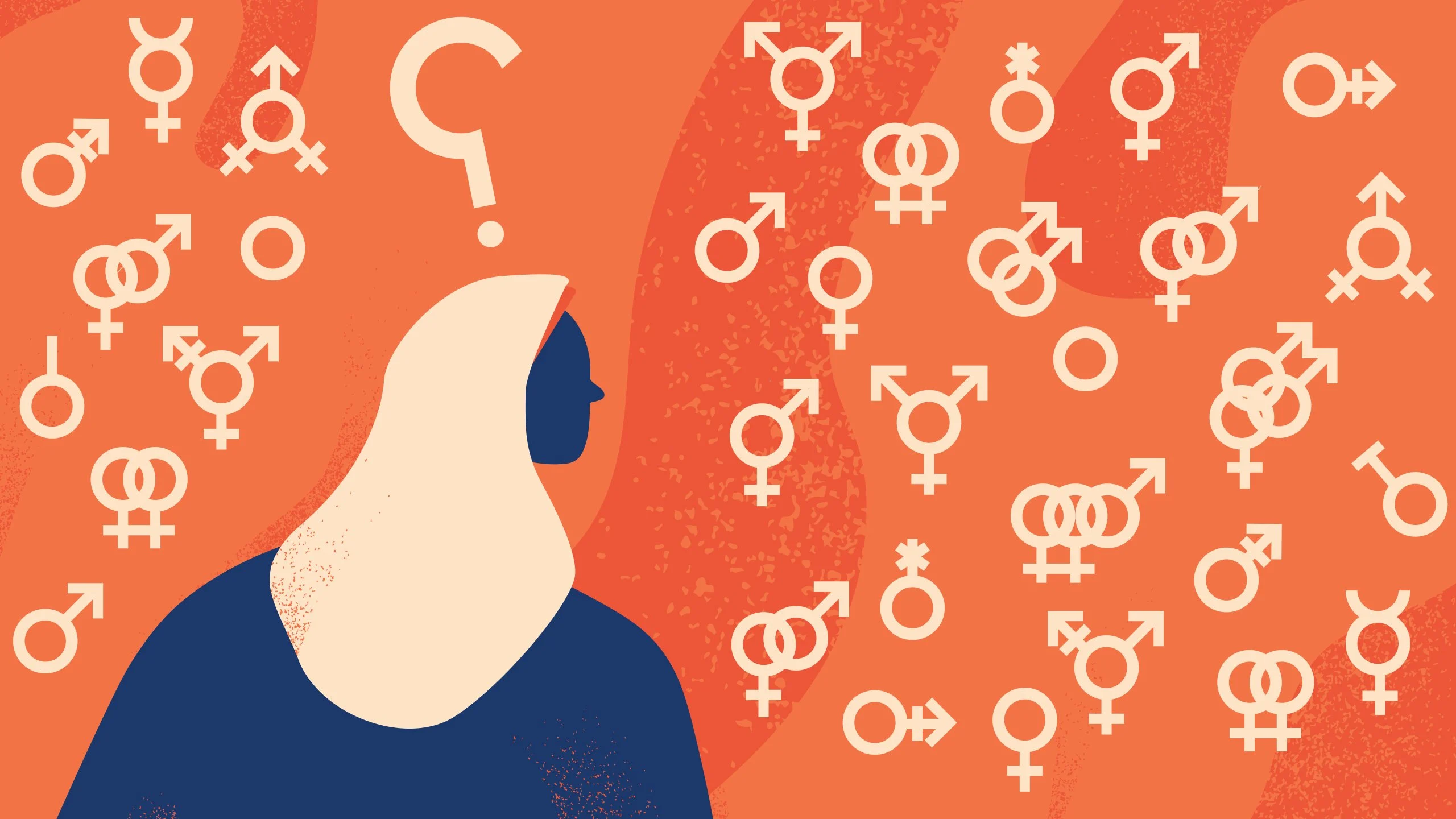

Introduction: This article aims to explore the differences in understanding the LGBTQ community between Western and Muslim audiences. It emphasizes the need for mutual understanding and acceptance, rather than fostering hate or fueling differences.
Western Perspective: The Western concept of the LGBTQ community is multifaceted and diverse, often misunderstood as a homogeneous group. It acknowledges sexual orientation and gender identity as important aspects of personal identity, comparable to race or sex. The terms "gay," "lesbian," "transgender," and "queer" are used to describe different identities within the community. In Western workplaces, promoting LGBTQ rights is often seen as an apolitical and inclusive initiative.
Islamic Perspective: In Islam, the term "Muslim" signifies a state of submitting to Allah rather than an identity. The Islamic framework does not recognize the concept of sexual identity, including terms like "heterosexuality" or "homosexuality." Instead, Islam focuses on actions rather than identities when discussing same-sex attractions. Sexual diversity is understood within the context of desires, and Islam emphasizes the importance of protecting the nuclear family. Regarding gender identity, Islam recognizes biological distinctions between males and females but acknowledges individuals who may not feel secure in their gender identity.
Muslim Perspective on LGBTQ: Muslims who experience conflicts with sexuality or gender may use terms like "same-sex attracted" or "gender distress" without identifying as queer, lesbian, gay, or transgender. Some Muslims raise concerns about the politicization and commercialization of LGBTQ issues, feeling that alternative perspectives, including faith-based ones, are often marginalized and attacked.
Promoting Empathy and Understanding: The article suggests that Muslims should engage empathically with LGBTQ individuals, fostering healthy discourse and mutual understanding. By demonstrating Islamic values of inclusivity and recognizing that feelings do not define individuals, Muslims can challenge misconceptions and promote acceptance. Both communities can find common ground in sharing their experiences of struggle and speaking their truths.
Conclusion: Understanding the paradigms of the LGBTQ community from Western and Islamic perspectives is crucial for promoting empathy and acceptance. By engaging in respectful dialogue, Muslims can demonstrate the compatibility of Islamic principles with recognizing and respecting the human experiences of diversity in sexuality and gender.